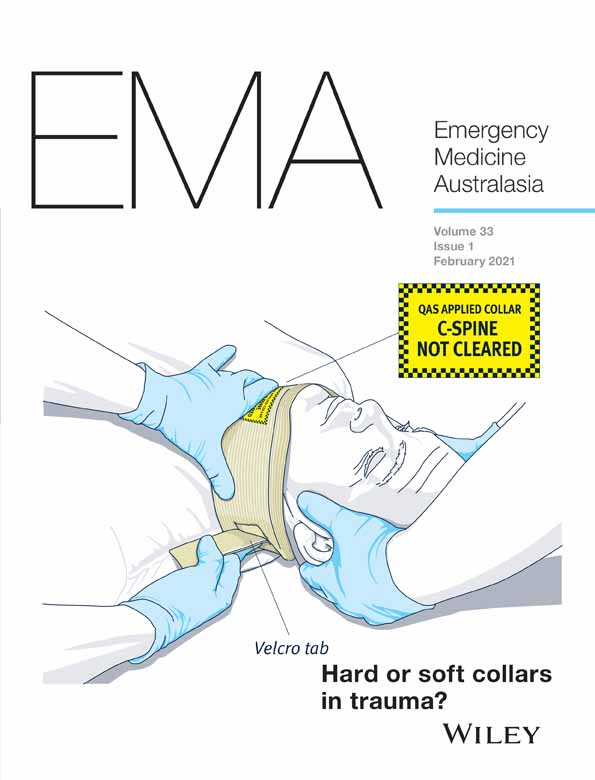Core components of a staff wellness strategy in emergency departments: A clinician-informed nominal group study
Abstract
Objective
Busy, high-stress EDs prompt many work-based interventions to address staff wellness, with mixed success. The aim of the present study was to enable ED clinicians to systematically identify core components of a work-based strategy to improve their working environment and/or coping.
Methods
Purposively sampled ED doctors and nurses from one health service were invited to participate in modified nominal group technique. Participants identified, from a pre-defined list, a key ED stressor and then discussed and ratified proposed core components of a work-based strategy to address or ameliorate this stressor.
Results
Two nominal group technique sessions were held with a total of 10 participants (n = 7 nurses and n = 3 doctors). Participants proposed several strategies aimed at both individual and organisational levels to address occupational stress and coping, and support staff well-being in the workplace. These included mobile/web-based applications, group counselling sessions, yoga, social activities, team building activities and debriefing. Participants described three key components to promote staff wellness and hence enhance their ability to buffer negative aspects of occupational stress: (i) increased individual and team support; (ii) development of professional resilience; and (iii) maximising opportunities for social connection.
Conclusions
Ensuring appropriate systems, services and support for ED staff should be a priority at local departmental, wider organisational and governmental levels. ED clinicians are ideally placed to identify such systems, services and supports. Managers and policy makers can use these findings to inform the implementation of interventions in EDs.
Open Research
Data availability statement
Research data are not shared.




